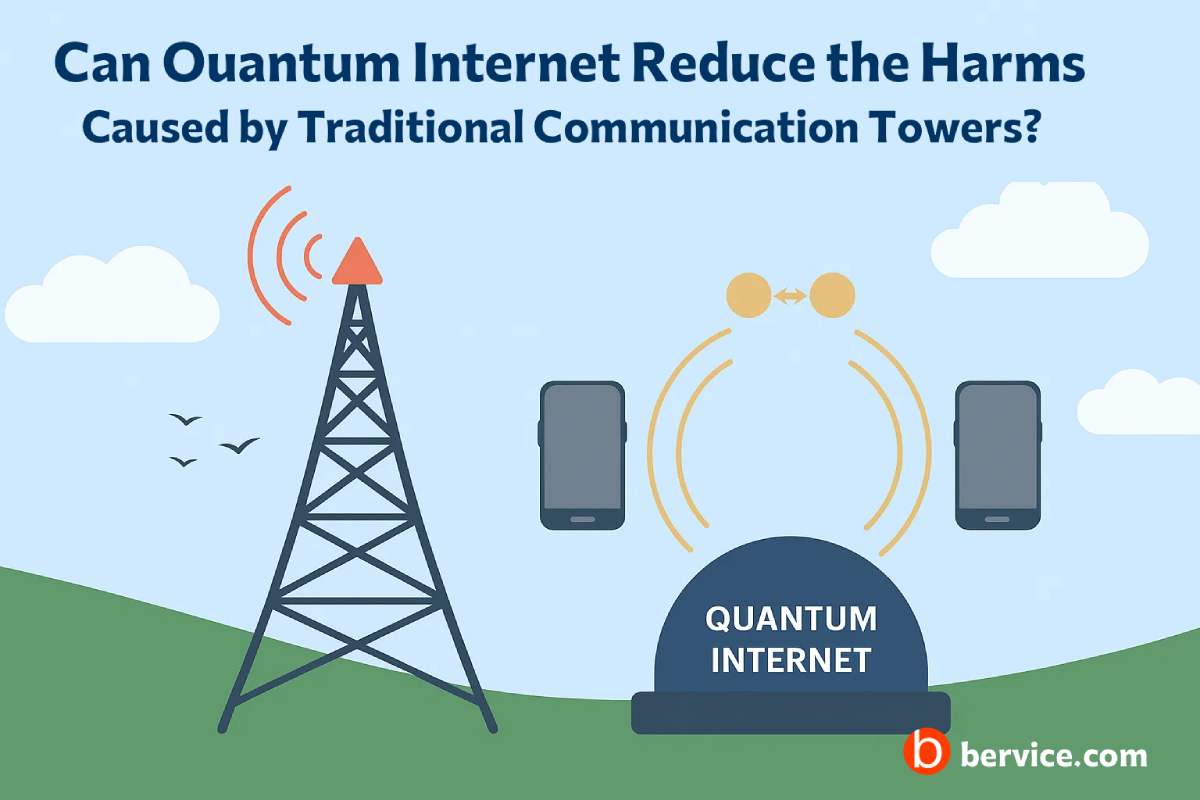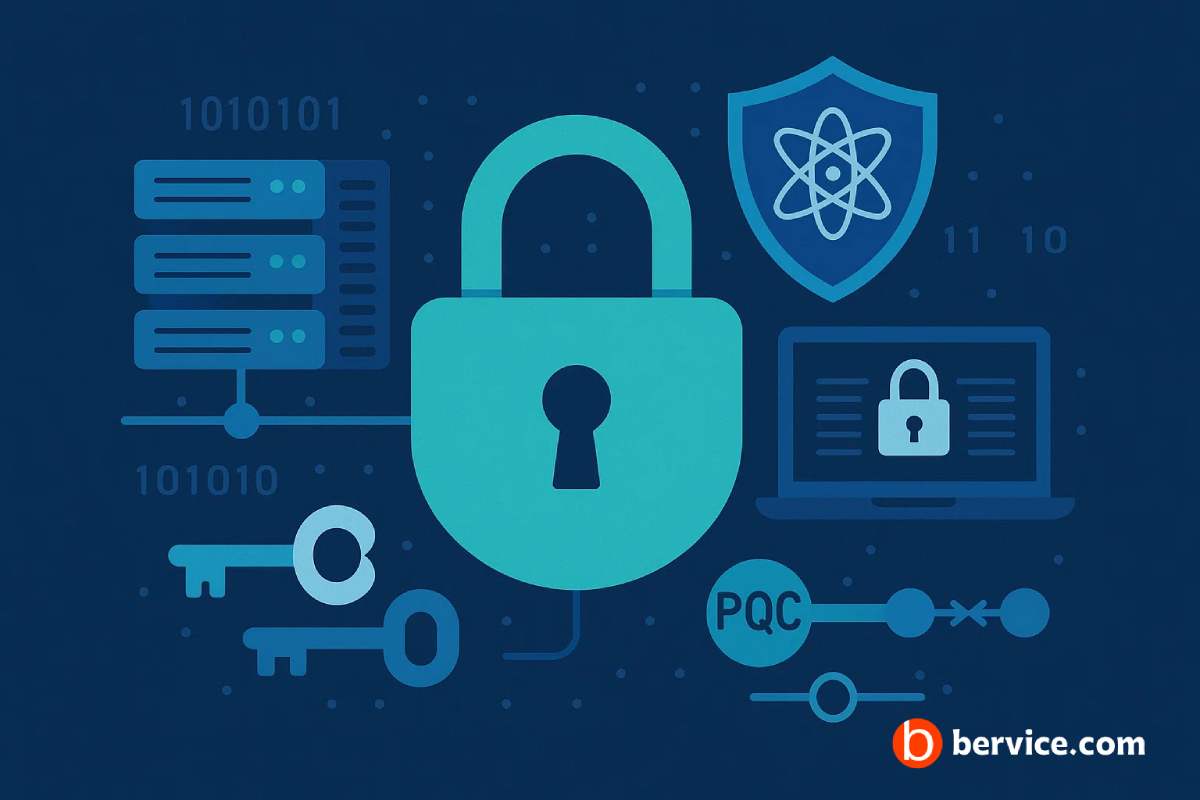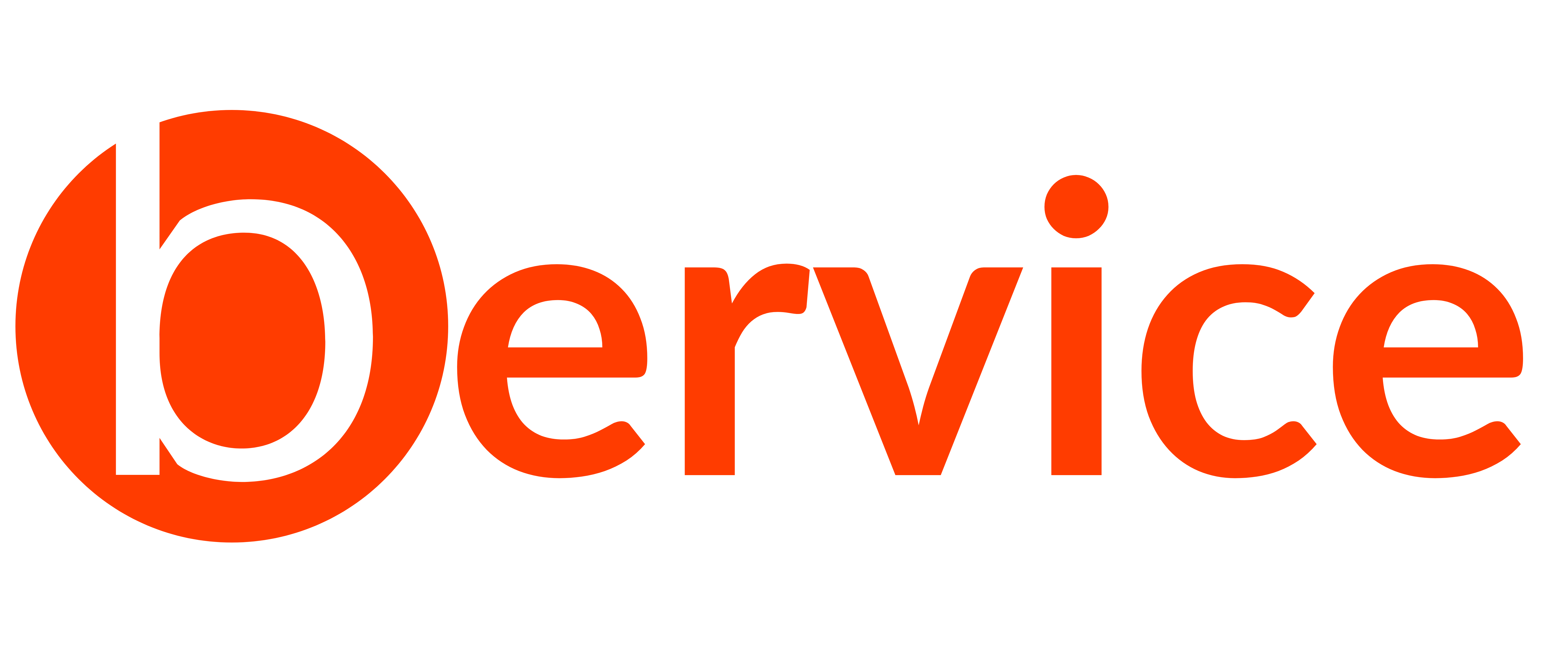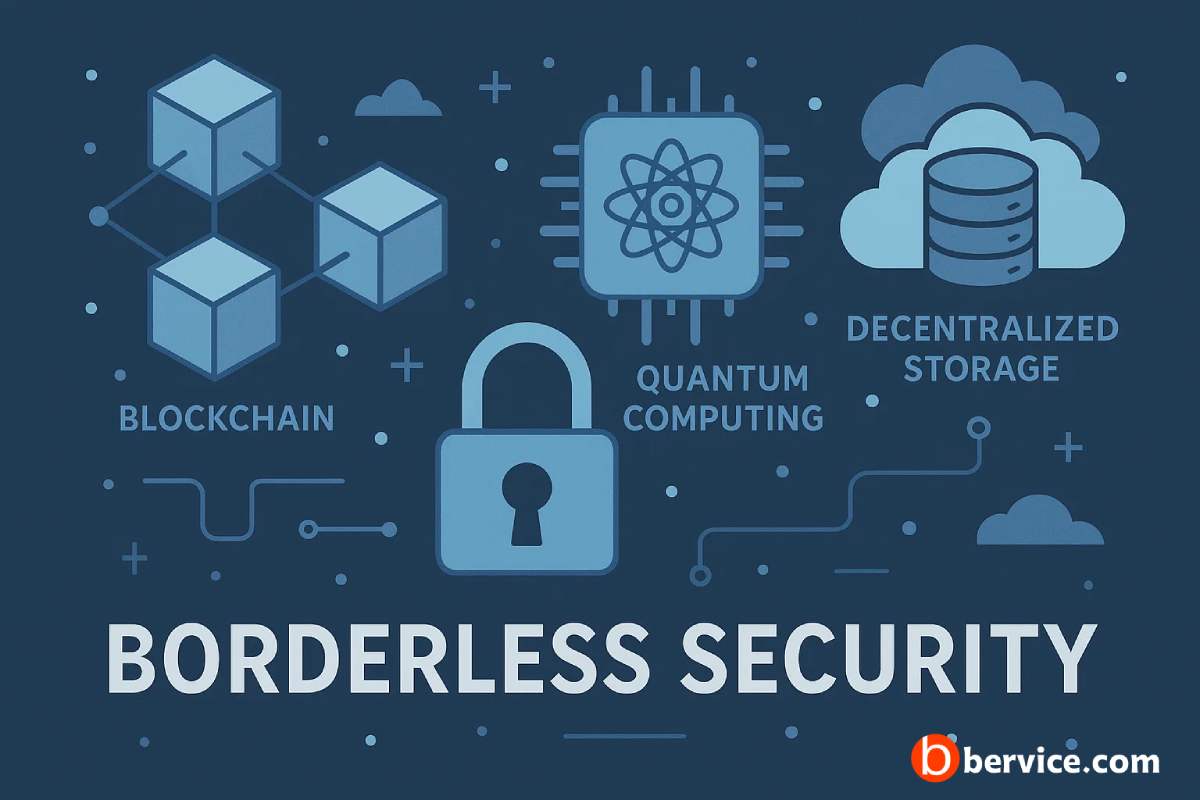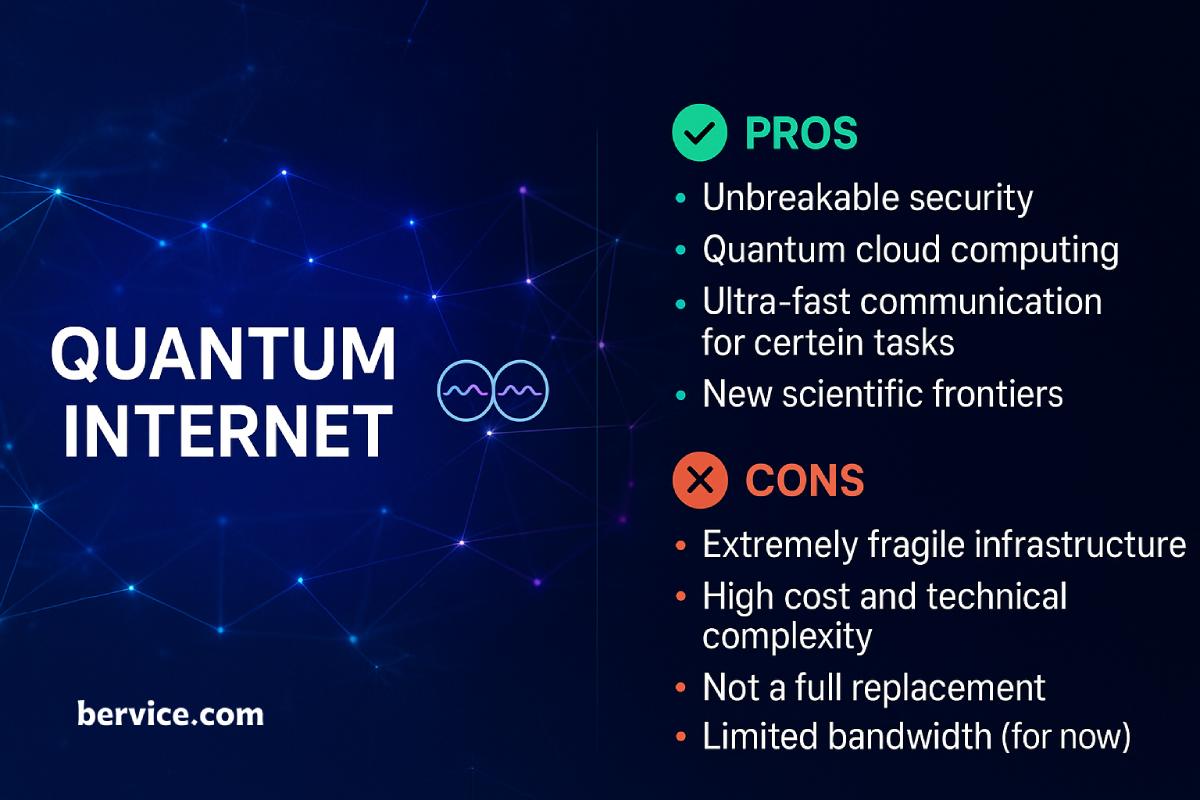
As the world pushes the boundaries of computing and communication, quantum technologies are emerging as the next frontier. Among these, the concept of a quantum internet is generating immense interest. Unlike today’s classical internet, which relies on binary data transmission over electromagnetic signals, the quantum internet aims to use the principles of quantum mechanics—particularly entanglement and superposition—to achieve unprecedented levels of security, speed, and computational power.
But can quantum internet really replace the traditional internet anytime soon? What are its advantages and potential pitfalls? In this article, we’ll explore these questions in depth.
What is the Quantum Internet?
The quantum internet is a proposed network that uses quantum bits (qubits) instead of classical bits for data transmission. These qubits can exist in multiple states simultaneously and can be entangled, meaning the state of one instantly affects the state of another—no matter the distance. This makes quantum communication fundamentally different and potentially more secure.
A quantum internet is not just a faster or more efficient version of today’s web. It’s an entirely new architecture that enables communication protocols that classical systems cannot support, such as quantum teleportation and quantum key distribution (QKD).
Advantages of Quantum Internet
1. Unbreakable Security
Perhaps the most compelling feature of the quantum internet is its security. Through QKD, users can exchange encryption keys with provable security: any attempt to intercept or observe the key alters its state, making eavesdropping detectable. This promises virtually hacker-proof communication.
2. Quantum Cloud Computing
Just as the classical internet powers today’s cloud infrastructure, the quantum internet could allow remote access to quantum computers. Since quantum machines are expensive and complex, a quantum cloud could democratize access to quantum resources for research, finance, and cryptography.
3. Ultra-Fast Communication for Certain Tasks
While not necessarily faster for all data, the quantum internet can outperform classical communication in specific cases, especially where quantum algorithms are involved. Tasks like secure voting, quantum sensor networks, or complex simulations could benefit.
4. New Scientific Frontiers
Quantum networks can link quantum sensors or clocks across long distances with extreme precision, enabling breakthroughs in physics, navigation, and fundamental science.
Challenges and Disadvantages
1. Extremely Fragile Infrastructure
Qubits are highly sensitive to noise, temperature, and interference. Maintaining their coherence over long distances is a significant challenge. Quantum repeaters (needed to extend range) are still in the experimental phase.
2. High Cost and Technical Complexity
Building quantum networks requires special materials, cryogenic systems, and advanced quantum hardware. This makes the deployment costly and limits early adoption to government and research sectors.
3. Not a Full Replacement
The quantum internet is not designed to replace everything about classical internet. It will likely complement it by handling tasks that require quantum security or performance. For browsing, streaming, and social media, classical infrastructure will still dominate.
4. Limited Bandwidth (for now)
Current quantum communication systems can only handle very low data rates over long distances. Unlike fiber optics transmitting gigabits per second, quantum links are far less efficient at this stage.
When Will It Be Ready?
Countries like the U.S., China, and members of the EU are investing heavily in quantum internet prototypes. China, for instance, launched QUESS (Quantum Experiments at Space Scale) in 2016, demonstrating satellite-based QKD. The U.S. Department of Energy also unveiled a blueprint for a national quantum internet in 2020.
Despite rapid progress, a global-scale quantum internet is likely a decade or more away. Small-scale quantum networks between research institutions are already operational, but scaling them up remains a formidable task.
Conclusion: A Complement, Not a Replacement—Yet
The quantum internet is a groundbreaking innovation poised to transform secure communication, scientific research, and computation. Its advantages in encryption and quantum-based protocols are unmatched. However, due to high costs, fragility, and technical hurdles, it is unlikely to replace the classical internet entirely anytime soon.
In the foreseeable future, we will witness a hybrid era, where quantum networks are integrated into critical sectors (finance, defense, science), while the broader internet remains classical. The journey toward a quantum-connected world has begun, but the road to full-scale adoption will be long and complex.
Connect with us : https://linktr.ee/bervice
